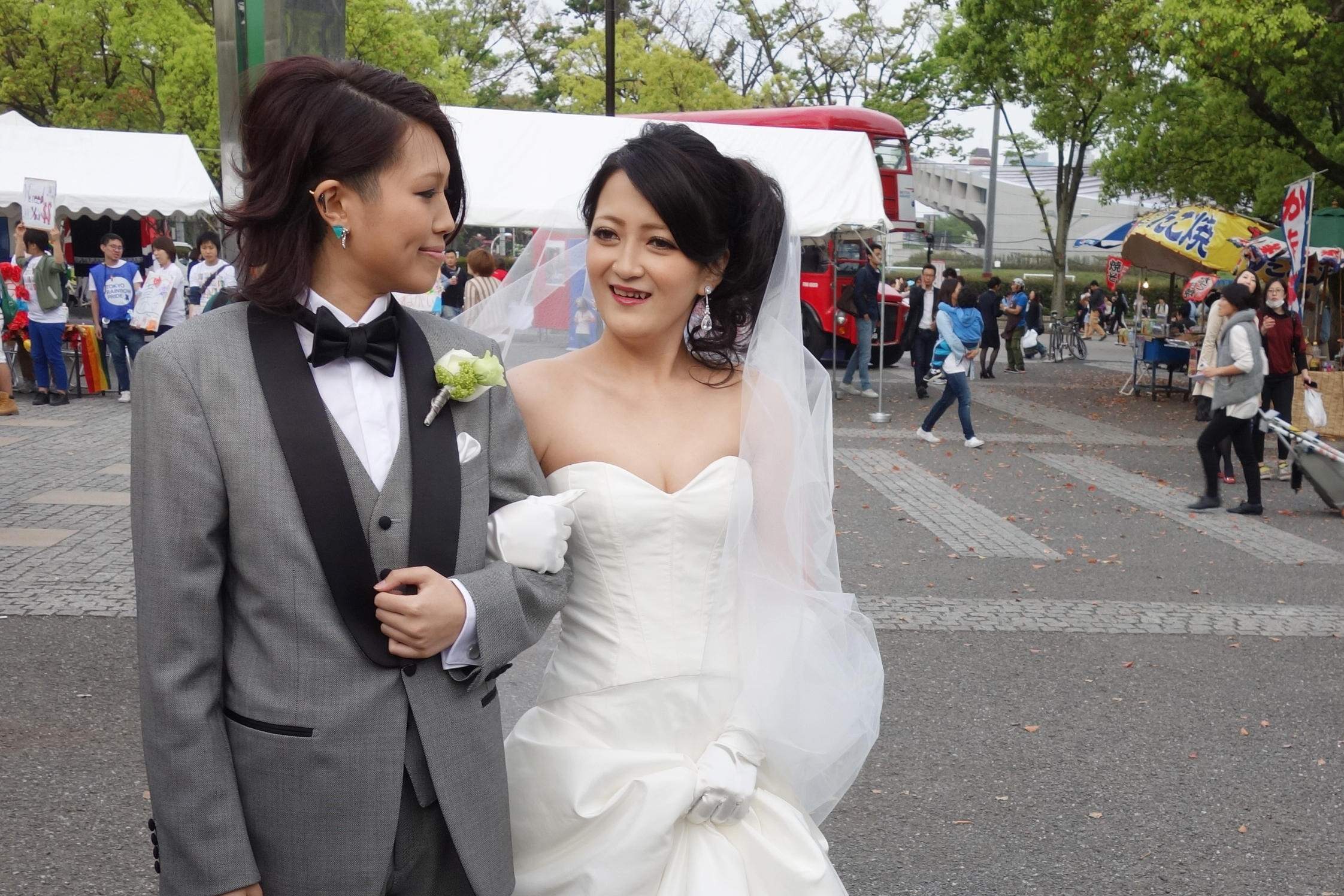Love conquers all. This is a famous saying that can best describe the unthinkable same sex marriage laws in some countries like the United States, Canada and UK. But in Japan, it has been a long and winding battle between the moral fibers of the society and those hard to resist promptings of love. At first, Japan was strongly against it but the issuance of a Koseki that will be explained in the subsequent sections of this article will objectively unravel the specific and legal paradigms of the said hotly contested issue. Today, a number of city wards have provided some benefits in relation to same sex marriage. A Koseki registration must be initially done, before a legal marital union between same sexes can officially celebrated.
In a 2013 poll, it had significantly disclosed that a slight majority of people had approved the law with respect to a Koseki registration. But, what are the provisions of Japanese laws concerning a same sex marriage? Read on. According to Article 24 of the constitution, it states that, “Marriage shall be based on the legal consent of both sexes and it shall be maintained through mutual cooperation with the equal rights of a husband and a wife.”
On the other hand, the most prevalent form of marriage is the arranged one. This means to say, that if a couple fails to secure a consent, their union is within the bounds of a common law marriage. As previously mentioned, same sex marriage in Japan primarily needs a Koseki system before anything else follows. Therefore, let us further expound what a Koseki system is all about.
The Koseki System
Japan’s Koseki system entitles every citizen to be legally registered to be a member of a household. With respect to a marital union, this rule or convention allows a member of the same koseki and its legal inclusions most preferably as next of kin in dealing with civil matters such as hospital visits, inheritance and all other similar activities. So, the power and legal paradigms of the said system works as a substitute for a Westernized union.
Likewise, this system applies several adoption procedures in the absence of same sex marriage in Japan. To further explain – with their registrations, these couples now belong to the same household. Thus, the adopted person becomes the sole executor of the household. He must be younger than the person who adopted him or her.
Surprisingly, the issuance of a Japan marriage certificate has suddenly changed the lives of this same sex couple for a lifetime. Watch out for the full context of this article in the next issue – Same Sex Marriage in Japan Part 2.
Image from ksmu.org









